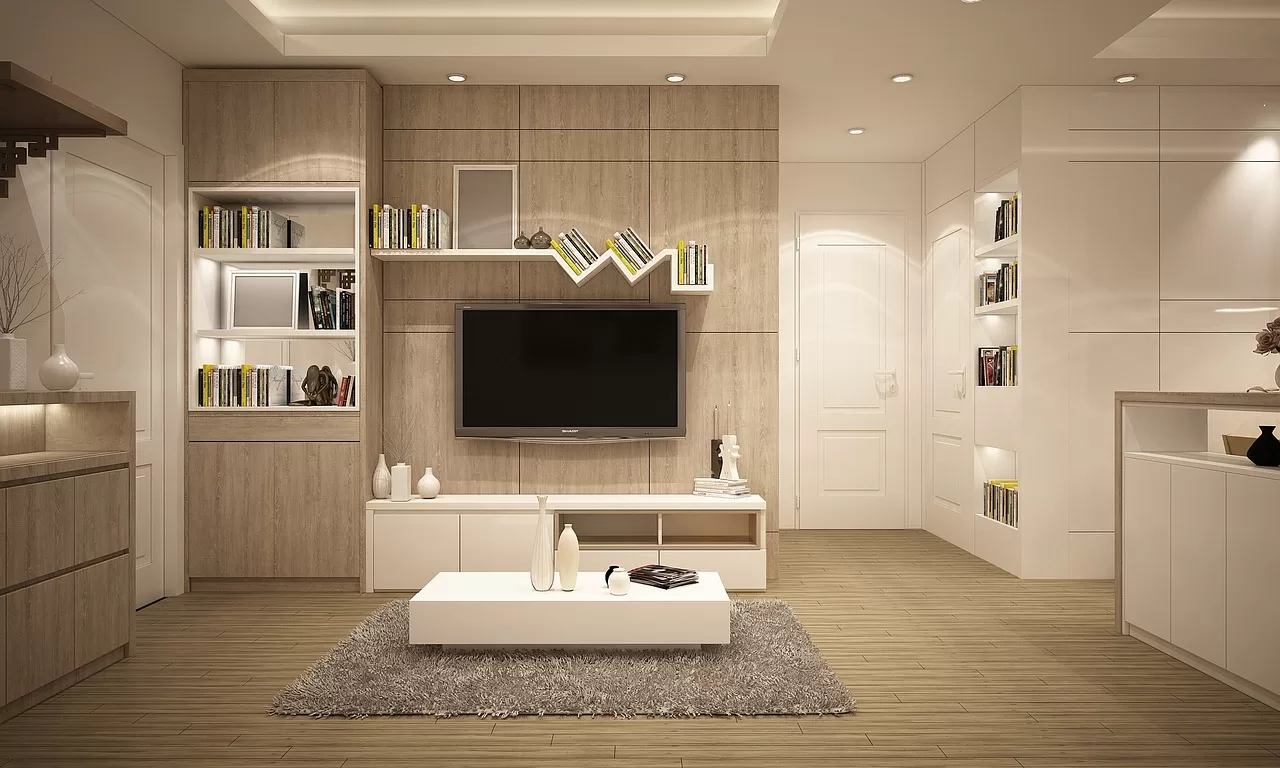
There are many justifiable reasons for renovating your home.
The first is, of course, that you deserve to live in the kind of household you desire and can afford.
For some families, that’s more than worth the investment.
But of course, as property will be among the most valuable assets any of us will own, maximizing and investing in its value is a smart move.
But how can you tell if your renovation will pay off?
After all, deciding a good time to sell or buy in the housing market can be unpredictable at best, and your house is only ever worth what someone will pay for it.
Moreover, location is everything, and so forces outside of your control can sometimes influence your final result without any mistake on your part.
A new housing development approval near your back garden, for example, may tank the price.
Yet all of that is just conjecture.
The best we can do is what we can do right now.
So, how can you define if your renovation is worth the financial investment?
Let’s look at some agreeable outcomes that might inspire your approach:
Consider High-Value Areas
Renovations will usually be beneficial if they invest in, improve, or expand the most valued areas of a home.
For example, if you transform your very large master bedroom into two separate rooms, well, the bed count of your house has risen, which means that more people could use it, and that increases the value.
Moreover, renovating the kitchen space, the driveway, bathrooms, and the garden can reliably offer more value than en-suites (unless added anew), your garage space (which can be converted fairly easily), or the basement.
Keep this in mind when prioritizing each approach.
Restorative Work Can Be Essential
Sometimes, a renovation is less about constant value improvement than it is about restoring or sustaining function.
Ironically, this means that the value is preserved as opposed to declining, which in a way is a worthwhile investment by itself.
That might include working on foundational repair, replanning water runoff through your landscaping, or refitting your roofing system which had encountered leaks and difficulties.
In some cases, secured loans can even help you invest in that work done now, allowing you to offset the cost later on.
Focus On Energy Efficiency Improvements
Value isn’t solely determined by resale value in all cases.
Renovation may also involve property security, sustainability, and cost-effective operations as you move into the future.
In other words, spend a little to save a lot later on down the line.
Investing in biofuel compatibility, solar panels, improved insulation, and more robust landscaping measures can allow for focused energy efficiency.
Simply having these systems in place can be more inspiring to potential buyers, but also invest in your own future operation of the household if you choose to remain.
Almost all houses will be built to these specifications in the future, and so getting a headstart on this can make your property even more competitive in the market.
With this advice, you’ll be sure to see if your renovation is worth the financial investment.